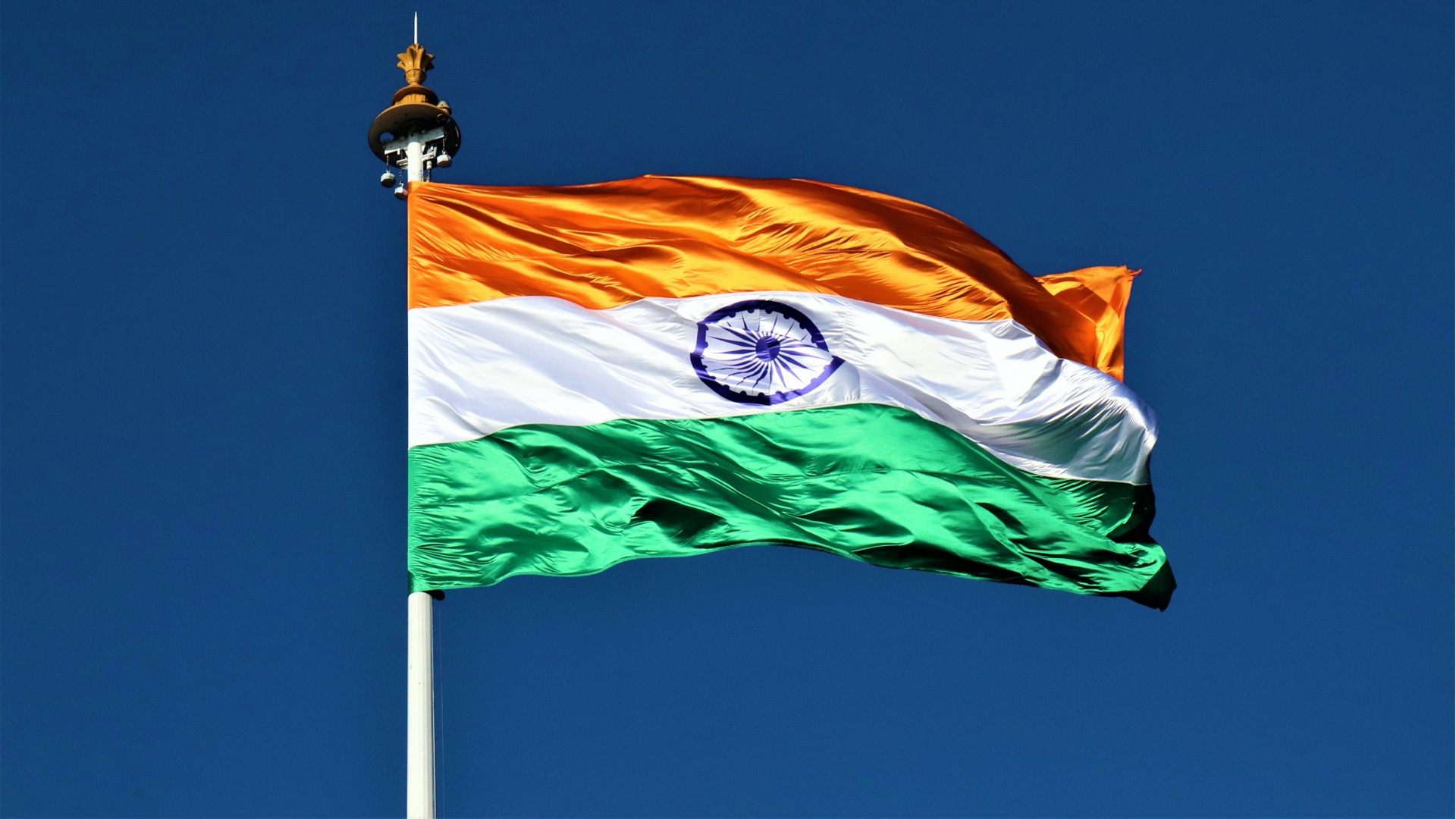Kashmiri authorities crack down on VPN usage
Many in the region use VPNs to bypass social media bans

Authorities in the India-controlled region of Kashmir have begun an investigation into hundreds of residents they suspect used VPNs to bypass social media restrictions.
India cut internet access across Kashmir in August after it withdrew the region's semi-autonomous status. The government-imposed blackout endured for six months.
After services were partially restored - with residents allowed to access a small selection of whitelisted websites - many downloaded VPNs as a means of circumventing tight controls on services including WhatsApp and Facebook.
- China VPN use may finally be getting easier
- We've curated the best business VPN providers of 2020
- ProtonVPN releases source code and undergoes full security audit
Local police have said they are investigating individuals suspected of using social media to encourage and facilitate “unlawful activities and secessionist ideology.”
Those found guilty of breaching India’s Unlawful Activities Prevention Act (UAPA) could face up to seven years in prison.
VPN crackdown
The partial restoration of service prompted a huge spike in VPN search traffic in the region, which is home to more than 7 million. Many turned to VPNs as a way to unshackle themselves from the controlling influence of the Indian government.
However, the embattled residents of Kashmir have not just found themselves in conflict with the Indian government, but with telecoms companies as well.
Airtel, Jio and others have since installed firewalls capable of blocking VPNs completely. The measure has closed citizens’ only remaining route onto platforms such as WhatsApp, which “a huge chunk of Kashmiri people use to stay connected with friends and family,'' according to a local resident.
The decision to impose a blanket internet ban of unspecified duration has also drawn much criticism from human rights activists and foreign powers.
“While the government has a duty and responsibility to maintain law and order in the state, filing cases under counter-terrorism laws such as UAPA over vague and generic allegations and blocking social media sites is not the solution,” said Avinash Kumar, Executive Director of Amnesty International.
“The Indian government needs to put humanity first and the let people of Kashmir speak,” he added.
- Here's our choice of the best VPN services on the market
Via TechCrunch
Sign up to the TechRadar Pro newsletter to get all the top news, opinion, features and guidance your business needs to succeed!

Joel Khalili is the News and Features Editor at TechRadar Pro, covering cybersecurity, data privacy, cloud, AI, blockchain, internet infrastructure, 5G, data storage and computing. He's responsible for curating our news content, as well as commissioning and producing features on the technologies that are transforming the way the world does business.